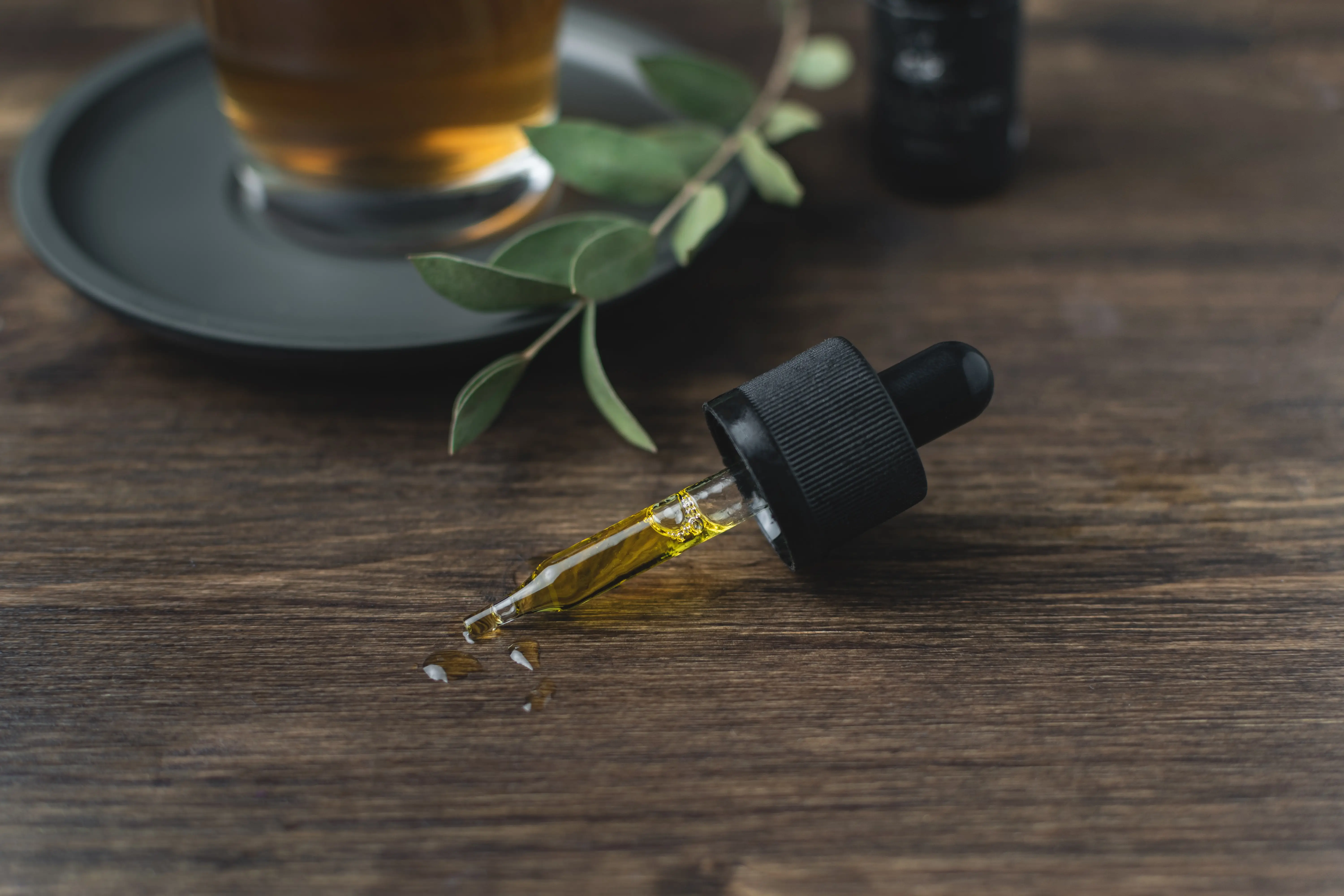Does CBD Interact with NSAIDs?

Donald Deans Asked
How would CBD oil tincture react with ALEVE and Ibuprofen?
Summary

Answer
Thank you for your question, Dean! First, to answer this question we need to understand what CBD and NSAIDs are, how they work, and whether there's any evidence to suggest that they interact with each other.
What is CBD?
First, let's start with CBD. CBD, short for cannabidiol, is a non-intoxicating compound found in the cannabis plant. It is known for its potential therapeutic benefits, such as reducing anxiety, improving sleep, and relieving pain. CBD interacts with the body's endocannabinoid system (ECS), which plays a role in regulating various physiological processes, such as pain sensation, mood, and immune function.
What are NSAIDs?
NSAIDs, or nonsteroidal anti-inflammatory drugs, are a class of medications used to reduce pain, inflammation, and fever. Examples of NSAIDs include ibuprofen, aspirin, and naproxen (ALEVE). NSAIDs work by inhibiting the activity of an enzyme called cyclooxygenase (COX), which is involved in the production of inflammatory prostaglandins. By blocking the production of prostaglandins, NSAIDs reduce inflammation and pain.
Interestingly, a precursor to CBD, cannabidiolic acid (CBDA) also inhibits COX enzymes leading to anti-inflammatory effects. When CBDA is heated a decarboxylation reaction converts CBDA into CBD.
Does CBD Interact with NSAIDs?
In clinical trials of Epidiolex, an FDA-approved medication that uses very high doses of CBD, some patients experienced elevated liver enzymes which can be a sign of liver damage.
NSAIDs can also impact liver function, so using this combination may slightly elevate your risk of liver damage. Again, effects on liver function were only seen with very high doses of CBD and more recent evidence suggests that lower doses of CBD may be safe for the liver.
ALEVE (Naproxen) is metabolized in the liver by an enzyme known as CYP2C9. CBD is known to inhibit the CYP2C9 enzyme in vitro. So there's a small chance this could increase the risk of adverse effects due to naproxen such as stomach upset, nausea, and gastrointestinal bleeding. However, CYP2C9 is not the main enzyme responsible for metabolizing CBD, so the likelihood of interaction with CYP2C9 with purely CBD is low. An important exception is if you are using a full-spectrum CBD product, that contains delta-9-tetrahydrocannabinol (THC). Since THC is metabolized by CYP2C9 to a much greater extent than CBD, the likelihood of interaction via CYP2C9 would be increased.
On the contrary, CBD and NSAIDs may also have complementary effects. It's worth noting that while CBD and NSAIDs may have complementary effects on pain and inflammation, more research is needed to confirm these findings and to determine the optimal dosages and combinations of these compounds.
In Conclusion
NSAIDs like Aleeve and high doses of CBD have been associated with problems with the liver. Naproxen is metabolized in the liver by CYP2C9, and CBD is known to inhibit this enzyme in the lab setting. If you're using a full-spectrum product that contains THC this interaction might be more relevant in which case stomach upset, nausea, and GI bleed would be a concern. More research is needed to determine if CBD and NSAIDs have complementary effects on pain and inflammation.
If you're considering using CBD and NSAIDs together, talk to your healthcare provider. They can help you determine whether these compounds are safe and appropriate for you, and can monitor for any potential interactions or side effects.
- Observed Impact of Long-Term Consumption of Oral Cannabidiol on Liver Function in Healthy Adults (Article).
- Important drug interactions exist between cannabidiol oil and commonly prescribed drugs in rheumatology practice (Article).
- Naproxen. [package insert]. Bridgewater, NJ: Amneal Pharmaceuticals; 2022. [package insert]. .
- Ibuprofen. [package insert]. Livonia, MI: Major Pharmaceuticals; 2019. [package insert]. .
- Cannabidiolic acid as a selective cyclooxygenase-2 inhibitory component in cannabis (PubMed).




